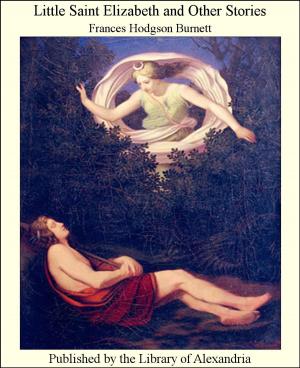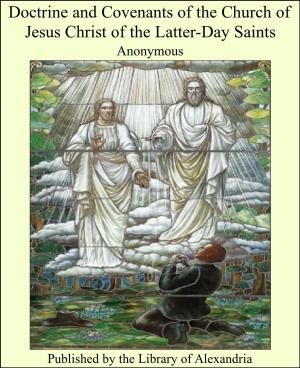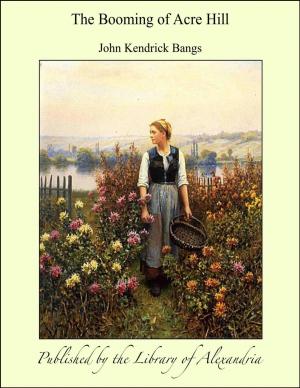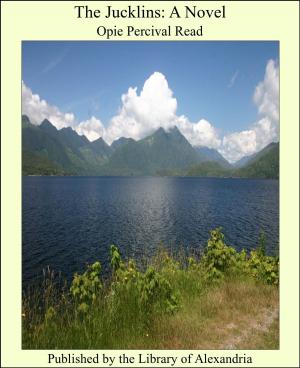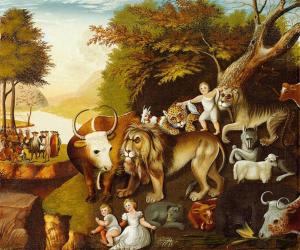Traditions and Hearthside Stories of West Cornwall (Complete)
Nonfiction, Religion & Spirituality, New Age, History, Fiction & Literature| Author: | William Bottrell | ISBN: | 9781465599650 |
| Publisher: | Library of Alexandria | Publication: | March 8, 2015 |
| Imprint: | Language: | English |
| Author: | William Bottrell |
| ISBN: | 9781465599650 |
| Publisher: | Library of Alexandria |
| Publication: | March 8, 2015 |
| Imprint: | |
| Language: | English |
Before the commencement of the present century, the district of West Penwith, to which the legends in this volume for the most part belong, was, from its almost insular position, one of the most secluded and unknown parts of England. The estuary of Hayle (by which it is bounded on the east) and the Mount’s-bay approaching to within three miles of each other, sever it in some measure from the rest of the county, with which, some three score years ago, from the badness of roads and scarcity of wheel-conveyances, it had but little communication, either commercially or otherwise. Then persons, living west of Penzance, were regarded as great travellers if they had “crossed over Hayle,” which, at that time, was a dangerous undertaking, on account of its shifting quicksands; and people living further east were looked on as foreigners by the west-country folks. Indeed, few persons, except those born before Buonaparte filled the country with dread of an invasion, can form an adequate idea of the singular seclusion in which the inhabitants of West Penwith existed. And even this small district comprises two very dissimilar regions, the inhabitants of which are also distinguished by peculiar traits of character. Bordering on the northern shore, barren moor-lands and rock-strewn hills, topped with granite cairns, mark a tract rich in tin and copper, but, except in some few places, unproductive on the surface, and almost worthless for the purposes of agriculture. These wild moors and hills were, for the most part, inhabited by a class of old-fashioned tinners, happily not yet extinct, who, as is usual with the industrious miners of Cornwall, varied their ordinary underground labour by breaking-up and clearing of stone small patches of the heathy moorland or furze-covered hills. Many hundreds of acres have thus been brought under cultivation by men of this stamp, who, notwithstanding their want of education (few indeed learned to read even), were often found to be very intelligent, and to possess a good store of mother-wit, sharpened by their hazardous under-ground occupations, and by a communication and exchange of ideas, facilitated by their working in company.
Before the commencement of the present century, the district of West Penwith, to which the legends in this volume for the most part belong, was, from its almost insular position, one of the most secluded and unknown parts of England. The estuary of Hayle (by which it is bounded on the east) and the Mount’s-bay approaching to within three miles of each other, sever it in some measure from the rest of the county, with which, some three score years ago, from the badness of roads and scarcity of wheel-conveyances, it had but little communication, either commercially or otherwise. Then persons, living west of Penzance, were regarded as great travellers if they had “crossed over Hayle,” which, at that time, was a dangerous undertaking, on account of its shifting quicksands; and people living further east were looked on as foreigners by the west-country folks. Indeed, few persons, except those born before Buonaparte filled the country with dread of an invasion, can form an adequate idea of the singular seclusion in which the inhabitants of West Penwith existed. And even this small district comprises two very dissimilar regions, the inhabitants of which are also distinguished by peculiar traits of character. Bordering on the northern shore, barren moor-lands and rock-strewn hills, topped with granite cairns, mark a tract rich in tin and copper, but, except in some few places, unproductive on the surface, and almost worthless for the purposes of agriculture. These wild moors and hills were, for the most part, inhabited by a class of old-fashioned tinners, happily not yet extinct, who, as is usual with the industrious miners of Cornwall, varied their ordinary underground labour by breaking-up and clearing of stone small patches of the heathy moorland or furze-covered hills. Many hundreds of acres have thus been brought under cultivation by men of this stamp, who, notwithstanding their want of education (few indeed learned to read even), were often found to be very intelligent, and to possess a good store of mother-wit, sharpened by their hazardous under-ground occupations, and by a communication and exchange of ideas, facilitated by their working in company.

